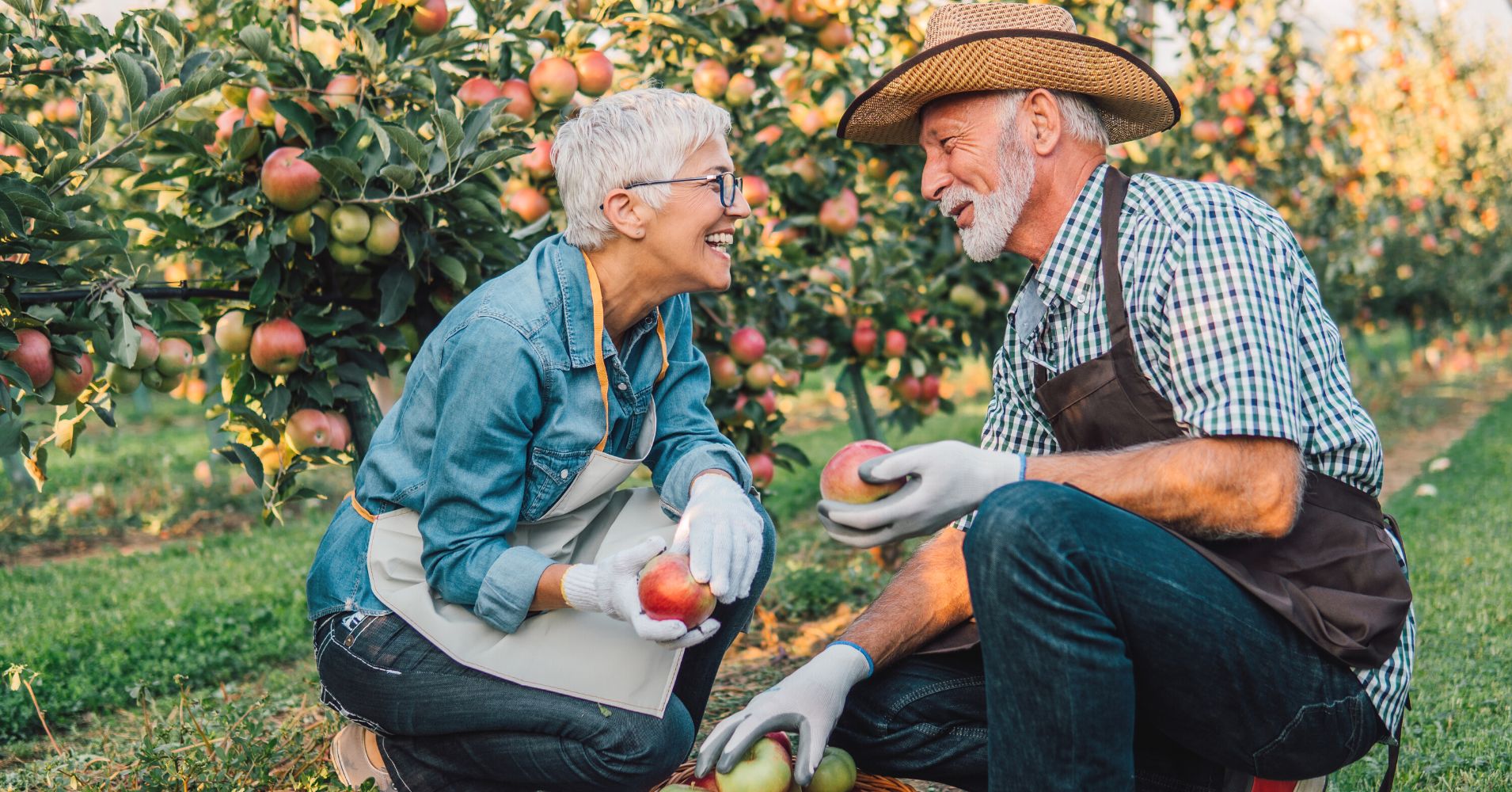
Colorado consistently ranks in the top ten states nationwide for its high suicide rate, with residents in rural communities facing elevated risks in part due to limited access to health resources, increased access to firearms and a higher average age, according to the Colorado Office of Suicide Prevention.
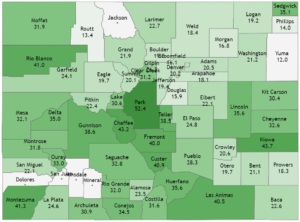
These risks are compounded for farmers and ranchers who work in an industry where the risk of dying by suicide is more than twice the statewide average.
Agricultural producers also face unique challenges, from worrying about how global events could impact complex commodity markets to how a bad stretch of weather could send them into financial ruin. Research from Colorado has even highlighted how drought – and the stress and anxiety that comes with it – can lead to an increase in suicides.
But, organizations across the state are working together to address these challenges, including The Colorado AgrAbility Project, a partnership between CSU Extension and Goodwill Industries.
Building on a legacy of supporting farmers and ranchers
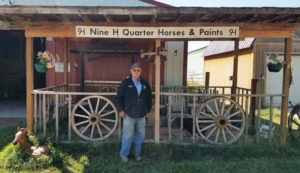
For decades, Colorado AgrAbility has focused on helping farmers and ranchers with physical challenges live healthy and productive lives. However, seeing a growing need in recent years, they have doubled down on their efforts to improve access to mental health care in rural communities by hiring a full-time behavioral health specialist and exploring new ways to create bridges between their extensive network of community connections.
“Our vision is to equip people with the skills and knowledge to better help those who are in crisis or struggling with their mental health” said Chad Reznicek, a behavioral health specialist who joined Colorado AgrAbility in 2021.
Reznicek grew up in a small farming community and spent two decades working as a licensed therapist. Now, he’s helping AgrAbility understand how to best help farmers, ranchers and rural communities get the support they deserve.
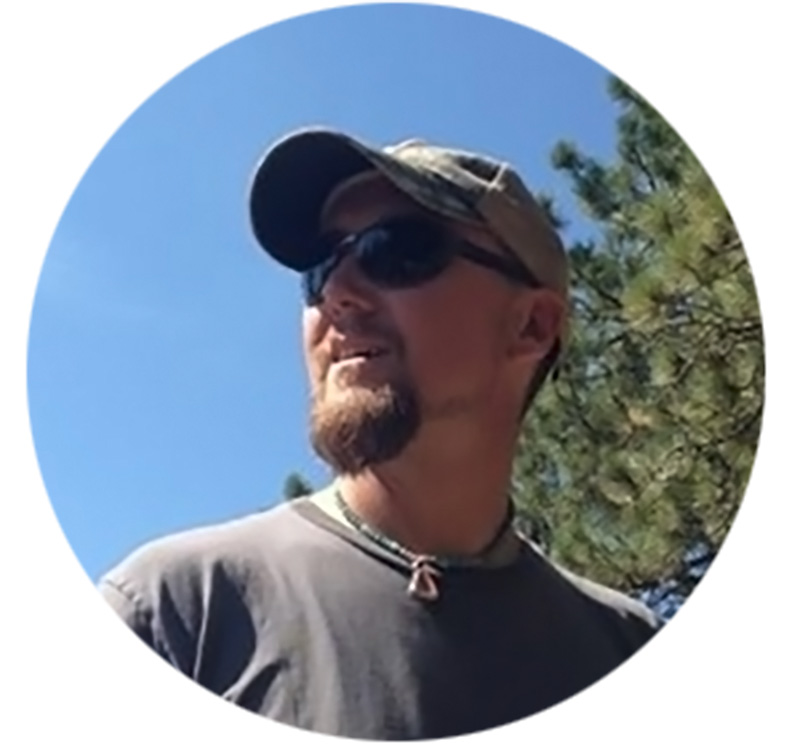
“We want clinicians who are well versed in understanding trends in agriculture.”
– Chad Reznicek, behavioral health specialist, Colorado AgrAbility
“Mental health care providers need at least some understanding about what it means to base your entire year’s income on what most of us would consider a gamble,” Reznicek said.
To make it easier for people to work with therapists who have undergone agricultural competency training, Colorado AgrAbility is connecting farmers, ranchers and rural residents with the Colorado Farm Bureau’s Colorado Agricultural Addiction and Mental Health Program where they can receive six free sessions with a licensed behavioral health professional, remotely or in person.
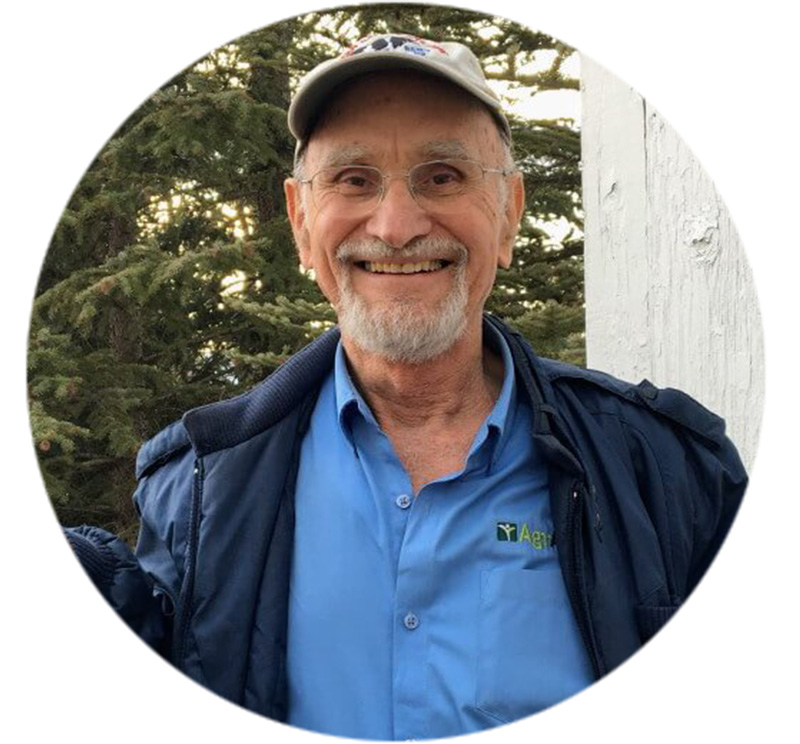
“We have a big problem out here in how we males are scripted to cowboy it up, stand alone and don’t reach out.”
– Bob Fetsch, co-director, Colorado AgrAbility
Bob Fetsch, who serves as Colorado AgrAbility’s co-director alongside Rebecca Hill, believes the perception that men should go it alone instead of seeking care is getting in the way of them receiving the support they need, a factor he believes contributes to their suicide rate being more than three times as high as it is for women.
“As part of CSU Extension, our role is to provide research-based education. That includes breaking down misconceptions about what it means to seek support,” Fetsch said.
“I want people to know that it’s okay to not be okay, it’s okay to get help, it’s okay to talk to somebody.”
– Kim Stinson of Rocky Ford lost her father to suicide
Supporting those you love
Colorado AgrAbility is also delivering trainings to help community members recognize when their friends and family members are struggling with their mental health with the goal of getting them help before a crisis happens.
“It’s really intended to allow people to have hard conversations with those they care about,” said Reznicek of the two-hour virtual and in-person trainings that include practicing what this skillset looks like.
The program, called COMET™ (Changing Our Mental and Emotional Trajectory), was developed by the High Plains Research Network and University of Colorado School of Medicine.

“Building community capacity is so important to our work.”
– Rebecca Hill, co-director, Colorado AgrAbility
“Social connectivity is a critical factor in reducing suicide risk and improving overall mental health,” said Rebecca Hill, one of Colorado AgrAbility’s co-directors. “We want people to know that there is hope, that depression and mental illness are treatable, and help is available.”
For questions or information regarding behavioral health concerns, support in linking to resources or training and information, please contact Chad Reznicek at 970-744-9011 or chad.reznicek@colostate.edu
CSU's Office of Engagement and Extension is expanding its support for rural Colorado students and communities through an $8.5 million grant through the University's Board of Governors. Learn more >
Resources
National Suicide Prevention Lifeline
If you are in crisis, experiencing unmanageable stress, or considering suicide please call the National Suicide Prevention Lifeline by dialing 988.
The Colorado Agricultural Addiction and Mental Health Program
CAAMHP offers 6 free therapy sessions by providers that are trained and dedicated to serve the needs of Colorado farmers, ranchers and their family members.
Colorado Crisis Services
Colorado Crisis Services is the statewide behavioral health crisis response system offering residents mental health, substance use or emotional crisis help, information and referrals. Its mission is to strengthen Colorado’s mental health system by providing Coloradans with greater access to crisis services wherever they are at 24/7/365 regardless of ability to pay.
Call: 1-844-493-8255 or Text: “Talk” to 38255
Farm Aid Hotline
Since 1985, Farm Aid has answered 1-800-FARM-AID to provide immediate and effective support services to farm families in crisis. Now Farm Aid’s online Farmer Resource Network connects farmers to an extensive network of organizations across the country that help farmers find the resources they need to access new markets, transition to more sustainable and profitable farming practices, and survive natural disasters.
Call: 1-800-FARM-AID (1-800-327-6243) Monday through Friday from 7am to 8pm MDT
Talk Saves Lives
Talk Saves Lives: An Introduction to Suicide Prevention is a community-based presentation that covers the general scope of suicide, the research on prevention, and what people can do to fight suicide. Talk Saves Lives is available in English and Spanish. Contact your local chapter or view below for information about events in your area.
Colorado Agricultural Mediation Program
The Colorado Agricultural Mediation Program helps farmers and ranchers who are dealing with contentious issues, such as: private and federal loan programs, crop insurance, wetlands, CRP and rural housing.
What to do when someone is at risk
If you think someone is thinking about suicide, assume you are the only one who will reach out. Here’s how to talk to have an honest conversation with someone who may be struggling with their mental health:
- Talk to them in private
- Listen to their story
- Tell them you care about them
- Ask directly if they are thinking about suicide and if they say they are take them seriously
- Encourage them to seek treatment or contact their doctor or therapist
- Avoid debating the value of life, minimizing their problems or giving advice
Firearm Suicide Prevention
“If we are educated and on the lookout for common signs of suicide in friends, family and even ourselves, we can save lives.” Jimmy Graham, Veteran U.S. Navy Seal